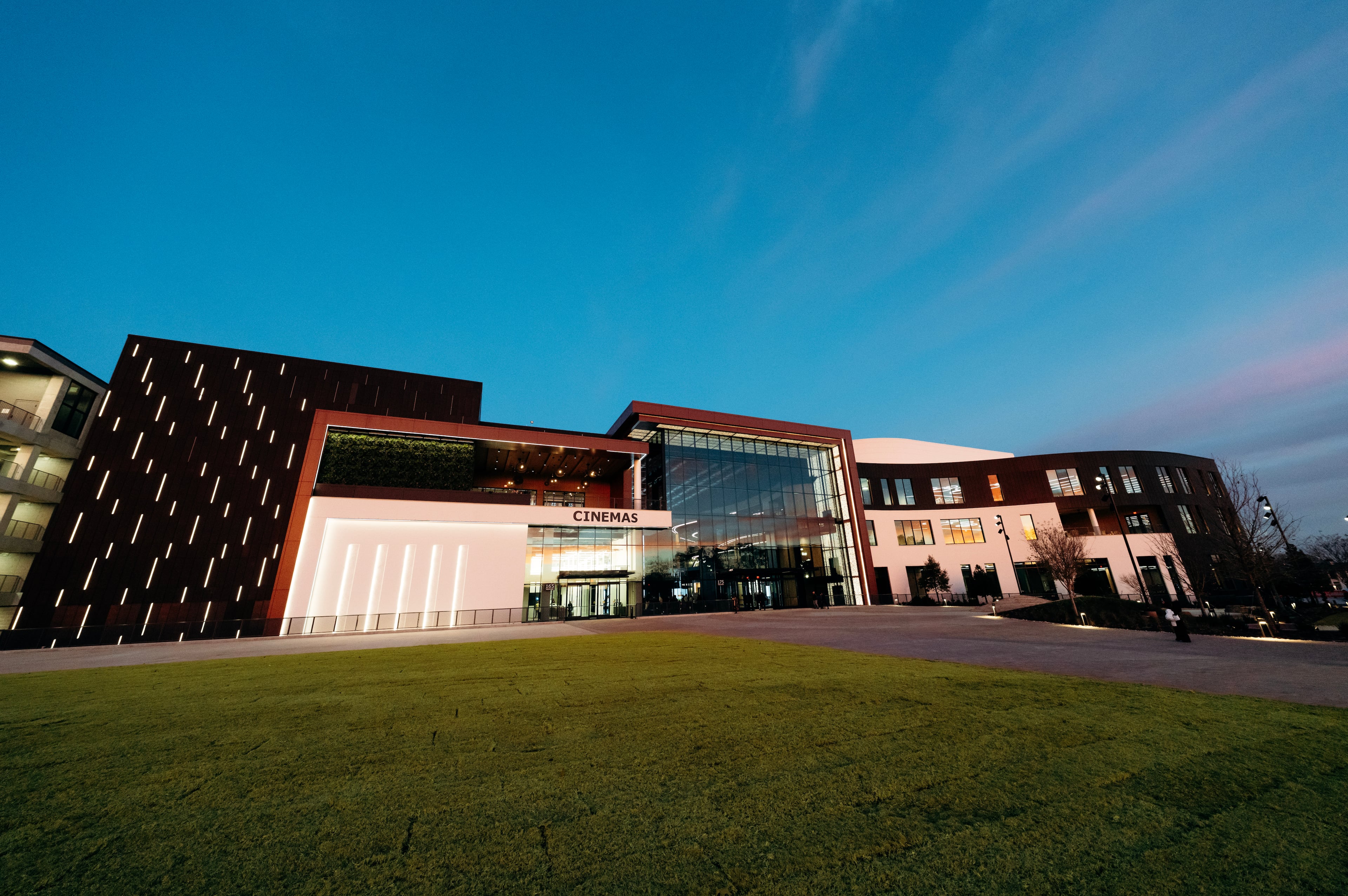After slavery apology, Dutch government engages with Black businesses

The Dutch ambassador to the United States, Birgitta Tazelaar, was in Atlanta Wednesday to address the Netherlands’ role in slavery and engage with local Black businesses as her country works to deepen its relationship with the Black community in the city.
Tazelaar’s visit came as the Netherlands works to acknowledge its past. In late 2022, the Dutch prime minister formally apologized for the nation’s role in slavery and last July, Dutch King Willem-Alexander also apologized, highlighting that more than 600,000 people were transported across the Atlantic on Dutch ships. He also acknowledged the slave trade in areas controlled by the Dutch East India Company and the atrocities committed against the indigenous people in the former colonies.
“If we want to share a future, we have to share our past and we have to reckon as the Netherlands [with] what our role was in the past,” Tazelaar said during a breakfast for local Black businesses at the Russell Innovation Center for Entrepreneurs (RICE), a nonprofit that works to support local Black businesses.

After the apologies, the Dutch people asked the government what it was going to do now, according to Jaap Veerman, the Dutch Consul General in Atlanta.
Part of what the local consulate decided to do was co-host the event at RICE with the Atlanta chapter of the Global Shapers Community, a network born out of the influential World Economic Forum. The breakfast was catered by local Black-owned tea company Just Add Honey.
“I want to recognize the importance of the Black community here in Atlanta,” Veerman told the audience. “I also want to recognize the importance of the Black entrepreneurship here in Atlanta for the Southeast, for the United States, but also for the rest of the world.”

Veerman said the consulate wanted to learn from the local Black community on how to fight discrimination and “work together on projects [such] as social justice, minorities and housing, minorities and education, and minorities and health care.”
Economic diplomacy is a focus of the consulate, so Veerman and Tazelaar were also pitching the Netherlands as an opportunity for local businesses.
Veerman said the consulate wanted to bring a delegation of Black businesses to the Netherlands sometime in the fall, which would likely be a first for the country, according to Tazelaar.
But funding Black businesses specifically isn’t a part of the Netherlands’ apology so far. Tazelaar called reparations “a loaded term.”
When an audience member asked Tazelaar if the Netherlands planned on giving funding to support Black and brown businesses operating in the Netherlands as part of the apology for slavery, she said she didn’t think the country was there yet.
“I think it is extremely, extremely difficult to translate an apology into funding because where do you start?” Tazelaar said. “You’ve got Indonesia, you’ve got countries in Africa, you’ve got America, you’ve got Latin America. I think it’s going to be extremely difficult.”
The Netherlands has also been reckoning with the racism that still exists in its society. After the 2020 murder of George Floyd in Minneapolis, Minnesota, the Dutch Ministry of Foreign Affairs commissioned an external investigation on racism within its ranks. The report found that staff members of color experienced verbal abuse, derogatory treatment and were sometimes not considered truly Dutch.
In speaking about the report, Tazelaar noted a microaggression she had committed against a colleague of Moroccan descent, saying she was surprised when he told her he prayed five times a day.
“I had preconceived notions that he had become a Dutch person that had maybe said goodbye to his religion,” Tazelaar said. “It’s ignorance.”
The Atlanta Journal-Constitution and Report for America are partnering to add more journalists to cover topics important to our community. Please help us fund this important work at ajc.com/give



